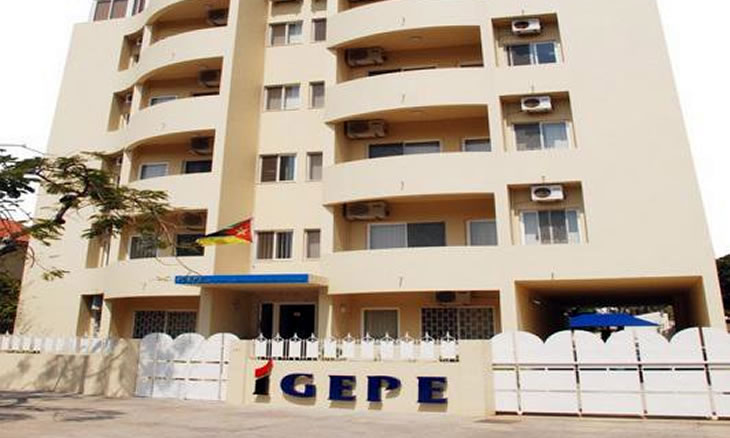Mozambique: E-money accounts have grown to 109.8% of the total adult population - government
Mozambique: Eight public companies restructuring processes completed – report

File photo: O País
During the past year, the government has finished the restructuring of eight public companies with accounts “in the red”, as part of an effort to revitalise the business fabric of the state.
For years, the large number of public companies have been a “heavy burden” on the state, as a result of their lack of profitability. Many of them have been effectively looted.
ALSO READ: Mozambique: Eleven state-controlled companies in the red
In this context, the government decided to start a long process of restructuring its business fabric. In 2018, eight companies were covered, namely TDM / Mcel, LAM, PETROMOC, SEMOC, Medimoc, Transmarítima, Chókwè Agro Industrial Complex and FARMAC.
According to the General State Account for the fiscal year of 2018, there was operational, financial and human resources restructuring at TDM/Mcel, while SEMOC has signed a partnership with the Zambezi Valley Agency to inject 300 million meticais.
The Medimoc process was based on an agreement with the Medigest company regarding its participation and provision of capital, development of the workforce rescheduling plan and settlement of the debt with the bank through the sale of some properties.
For Transmarítima, a Memorandum of Understanding was signed with the Preschaut company for the development of a maritime cabotage project; the structure of debts and their prioritisation was elaborated, as was a workers’ compensation plan and tariff increases.
FARMAC’s management was transferred to the Institute of Management of Companies Participated by the State (IGEPE), and a restructuring commission has been set up.
For the Chókwè Agro Industrial Complex, a contract for the transfer of exploitation and the termination of employees’ employment contracts is being negotiated, keeping only those employees in the area of security.
In the process of restructuring both LAM and PETROMOC, the government passed on the credits obtained through retrocession agreements.
Recommendations by parliament
Regarding the financial health of public companies, the Assembly of the Republic in its assessment of the General State Account recommends that IGEPE exercise effective control and proper monitoring of state-owned companies.
The Assembly also noted that, as regards the limiting under the legislation of personnel costs to 30% of operating costs, it was the responsibility of shareholders acting at general meetings to establish principles of cost rationality relevant to the nature and size of the company.
By Edson Arante












Leave a Reply
Be the First to Comment!
You must be logged in to post a comment.
You must be logged in to post a comment.